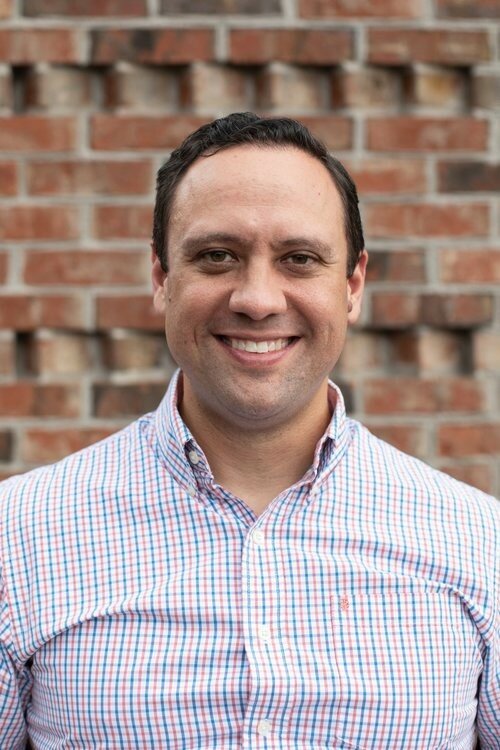Dooley Noted: The gift that we refuse
It seems impossible to overstate the importance of prayer. Throughout the Bible we read time and time again of the miraculous impact wrought from calling out to God. Because of prayer the Red Sea parted, water burst forth from a rock, manna fell from heaven, the sun stood still for three days, fire descended from heaven, the sick found healing, prison doors opened, and the dead experienced resurrection.
Furthermore, you cannot read about the life of Jesus without observing His sustained devotion to prayer. In his book, The Power of Positive Praying, John Bisagno noted the observable characteristics of our Lord’s prayer life:
- Jesus prayed early in the morning.
- Jesus prayed in secret.
- Jesus prayed before eating.
- Jesus prayed before the important events in His life.
- Jesus prayed when He was popular.
- Jesus prayed when He was rejected.
- Jesus prayed submissively.
- Jesus prayed earnestly.
- Jesus prayed for His enemies.
- Jesus never allowed a busy schedule to keep Him from praying.
In addition to these powerful examples, the New Testament invites, instructs, and implores us to pray. God wants us to pray; we need to pray; and the world benefits from our prayers. Yet, if we are painfully transparent, most of us find it difficult to pray. Despite our best attempts, we often feel like we just aren’t connecting when we call out to God. We are anxious to see mountains move and for breakthroughs to come, but out petitions often fall flat without focus, energy, and depth. Thankfully, Scripture offers numerous words of encouragement to guide us.
First, God wants His children to pray with confidence. According to the Apostle John, those who believe in the name of the Son of God are born again (1 John 5:13). Thus, in the context of relationship, the writer of Hebrews admonishes believers to draw near with confidence to the throne of grace, in order to find mercy and grace (Heb. 4:16). God invites every Christian to bring our burdens as His child, knowing that He hears us as a loving Father. Evangelist George Mueller correctly maintained, “Prayer is not overcoming God’s reluctance, it is laying hold of His willingness.”
Second, we are to pray with commitment. The purpose of prayer is NOT to get our will done in heaven, but God’s will done on earth. Restricting the substance of our petitions to the will of God is key to receiving the answer we seek. Again, John reassures us, “This is the confidence which we have before Him, that, if we ask anything according to His will, He hears us (1 John 5:14).” By surrendering our desires to God’s design, we emulate the spirit of Jesus in Gethsemane as He prayed, “Not my will, but thy will be done (Matt. 26:39).”
But how can we discern God’s will in order to pray it? We know that God is willing to fill us with the knowledge of His will (Col. 1:9), but how does He do it? Holy Scripture and the Holy Spirit are the only trustworthy guides. God will not answer any prayer that contradicts His word or justifies sinful behavior (2 Tim. 3:16-17). The Bible lays down guidelines (some explicit and some implicit) for us to live by, and the Spirit of God reveals specific direction within those parameters. Those who have a submissive heart fully committed to God’s preference for their lives can pray knowing that God will always answer. E. Stanley Jones explained, “Prayer is surrender—surrender to the will of God and cooperation with that will. If I throw out a boat hook from a boat and catch hold of the shore and pull, do I pull the shore to me, or do I pull myself to the shore? Prayer is not pulling God to my will, but the aligning of my will to the will of God.”
And why does God limit the scope of our prayers to His ambitions? Simply put, He is always wiser than we are. His will is best even when we cannot discern why. Worrying about the restriction of God’s will makes about as much sense as a minnow concerned about having enough room to swim in the Atlantic Ocean. We can trust that He is always working all things together for our good (Rom. 8:28) and that His purposes will exceed our expectations (Eph. 3:20).
Dr. Adam B. Dooley is pastor of Englewood Baptist Church in Jackson, TN, and author of Hope When Life Unravels. Contact him at adooley@ebcjackson.org. Follow him on Twitter @AdamBDooley.






